6th Grade: Band 1 (1.0); Chorus 1 (1.0);
Guitar(.5)
7th Grade: Band 1 or 2 (1.0); Chorus 1 or 2 (1.0); Guitar(.5)
8th Grade: Band 1, 2, or 3; Chorus 1, 2, or 3 (1.0); Guitar(.5)
RRHS Academy: Fine Arts Music Entertainment
Exploring Musical Performance through Introduction to Guitar – Semester Course Students with little or no experience develop basic guitar skills and knowledge, including simple and full-strum chords, strumming patterns, playing/singing simple melodies, foundational music theory, parts of the guitar, and ensemble skills. Beginning guitarists explore the careers and music of significant performers in pop/rock, jazz, blues, classical, country, bluegrass, and hard rock/metal genres. Public performances may serve as a culmination of specific instructional goals. Students may be required to attend and/or participate in rehearsals and performances outside the school day to support, extend, and assess learning in the classroom. This course may also require students to obtain a musical instrument (e.g., borrow, rent, purchase) from an outside source.
Band 1 -1 Year Students with little or no instrumental experience develop foundational instrumental technique, foundational music literacy, and aesthetic musical awareness through rehearsal, performance, and study of high-quality band literature. Instrumentalists work on the fundamentals of music notation, sound production, instrument care and maintenance, and personal and group rehearsal strategies. Public performances may serve as a culmination of specific instructional goals. Students may be required to attend and/or participate in rehearsals and performances outside the school day to support, extend, and assess learning in the classroom.
Band 2-1 Year Students with previous band experience build on instrumental technique, music literacy, and aesthetic response through rehearsal, performance, and study of a variety of high-quality band literature. Instrumentalists expand their knowledge of music notation, music theory, sound production, and personal and group rehearsal strategies. Public performances may serve as a culmination of specific instructional goals. Students may be required to attend and/or participate in rehearsals and performances outside the school day to support, extend, and assess learning in the classroom.
Band 3 -1 Year Students with previous band experience expand on their instrumental technique, music literacy, and aesthetic response through rehearsal, performance, and study of a variety of intermediate-level, high-quality band literature. Instrumentalists extend their knowledge of music notation and theory, sound production, and personal and group rehearsal strategies. Public performances may serve as a culmination of specific instructional goals. Students may be required to attend and/or participate in rehearsals and performances outside the school day to support, extend, and assess learning in the classroom.
Chorus 1 – 1 Year Students with little or no choral experience develop beginning vocal technique and skills, critical and creative thinking skills, and an appreciation of music from around the world and through time. Public performances may serve as a culmination of specific instructional goals. Students may be required to attend and/or participate in rehearsals and performances outside the school day to support, extend, and assess learning in the classroom.
Chorus 2 – 1 Year Students build on previous choral experience to expand vocal, technical, musical, and ensemble skills through rehearsal, performance, and study of high-quality choral literature. Singers focus on increasing knowledge of music theory, music literacy, and aesthetic response. Public performances may serve as a culmination of specific instructional goals. Students may be required to attend and/or participate in rehearsals and performances outside the school day to support, extend, and assess learning in the classroom.
Chorus 3 – 1 Year Students with previous choral experience build intermediate-level knowledge of vocal technique, musical literacy, ensemble skills, and related musical knowledge through rehearsal, performance, and study of a variety of high-quality 2-, 3-, and 4-part choral literature. Public performances may serve as a culmination of specific instructional goals. Students may be required to attend and/or participate in rehearsals and performances outside the school day to support, extend, and assess learning in the classroom.





